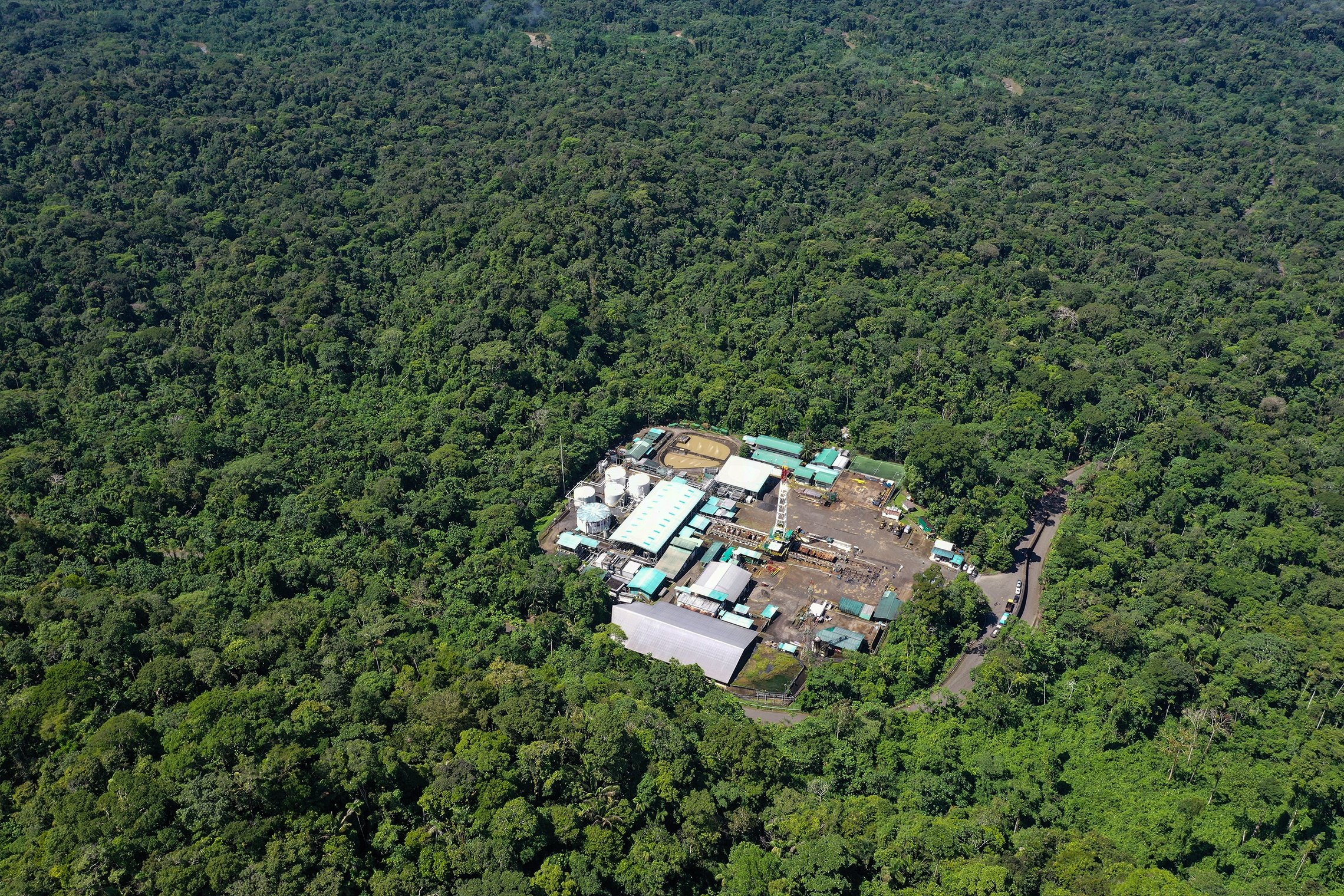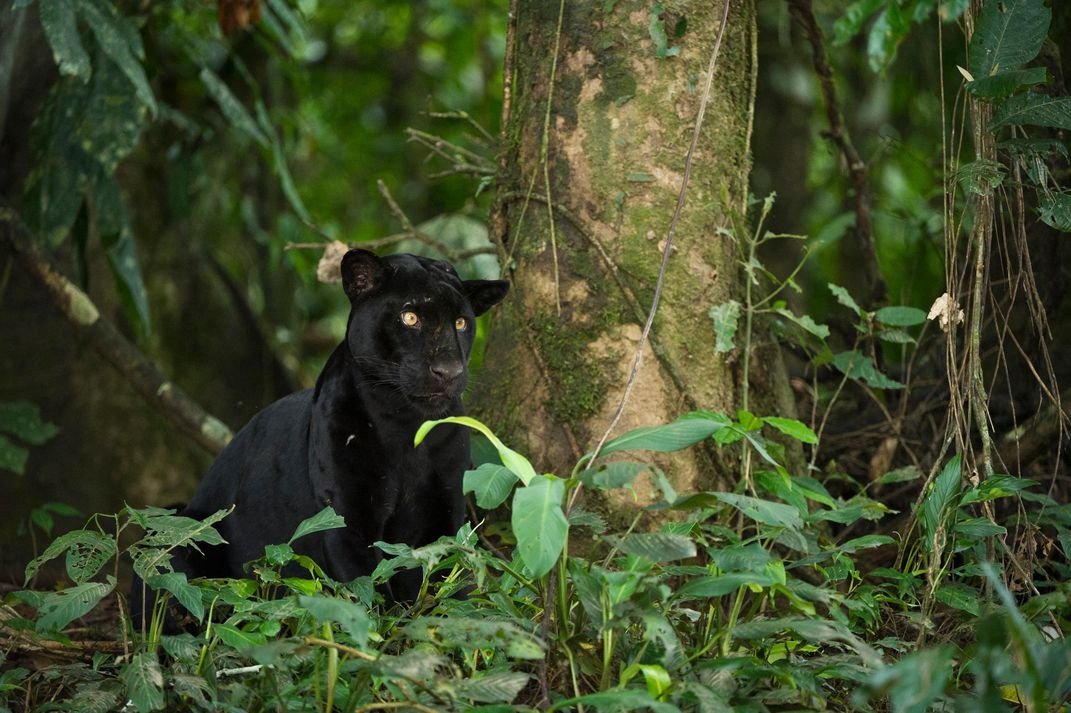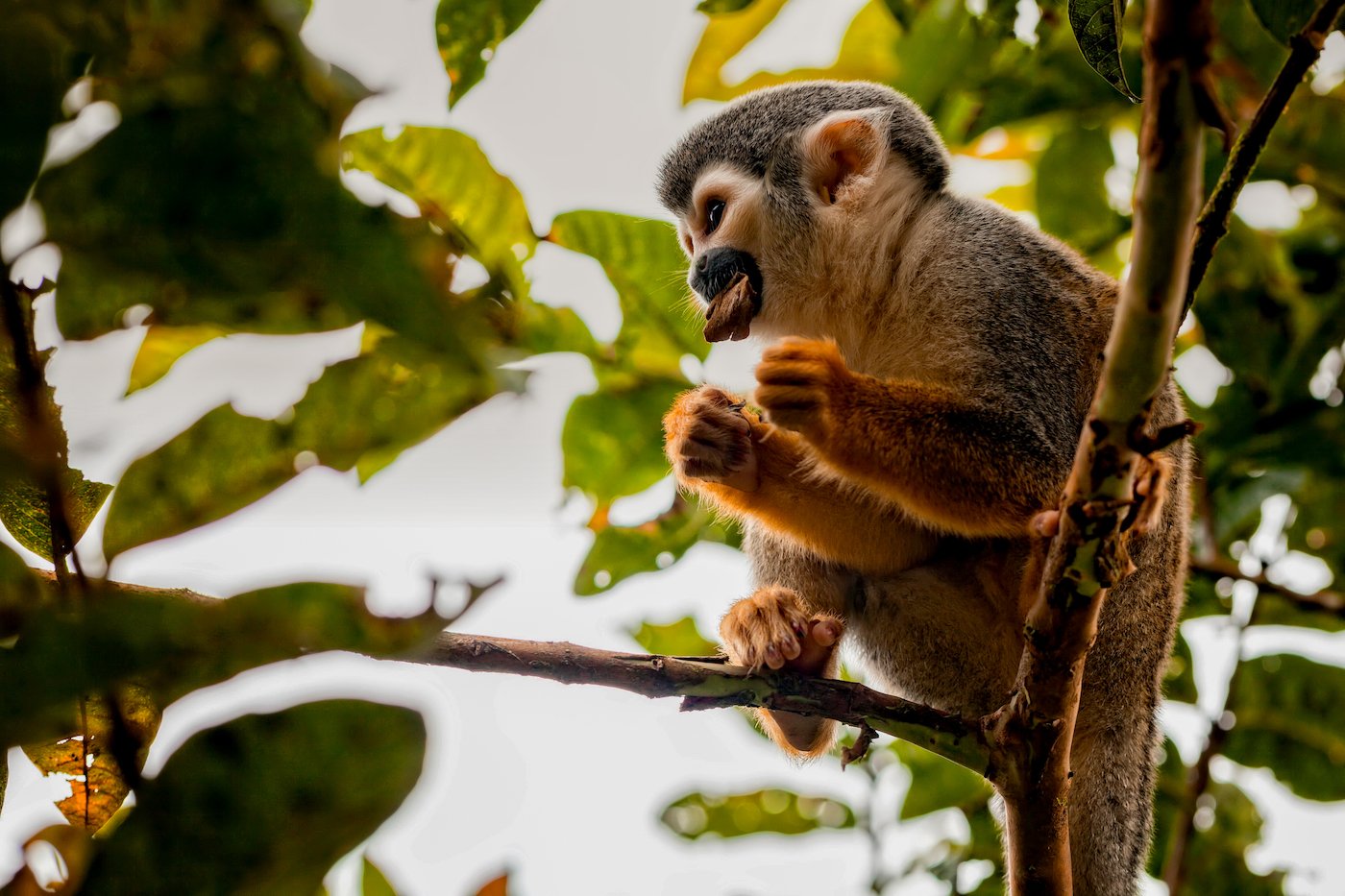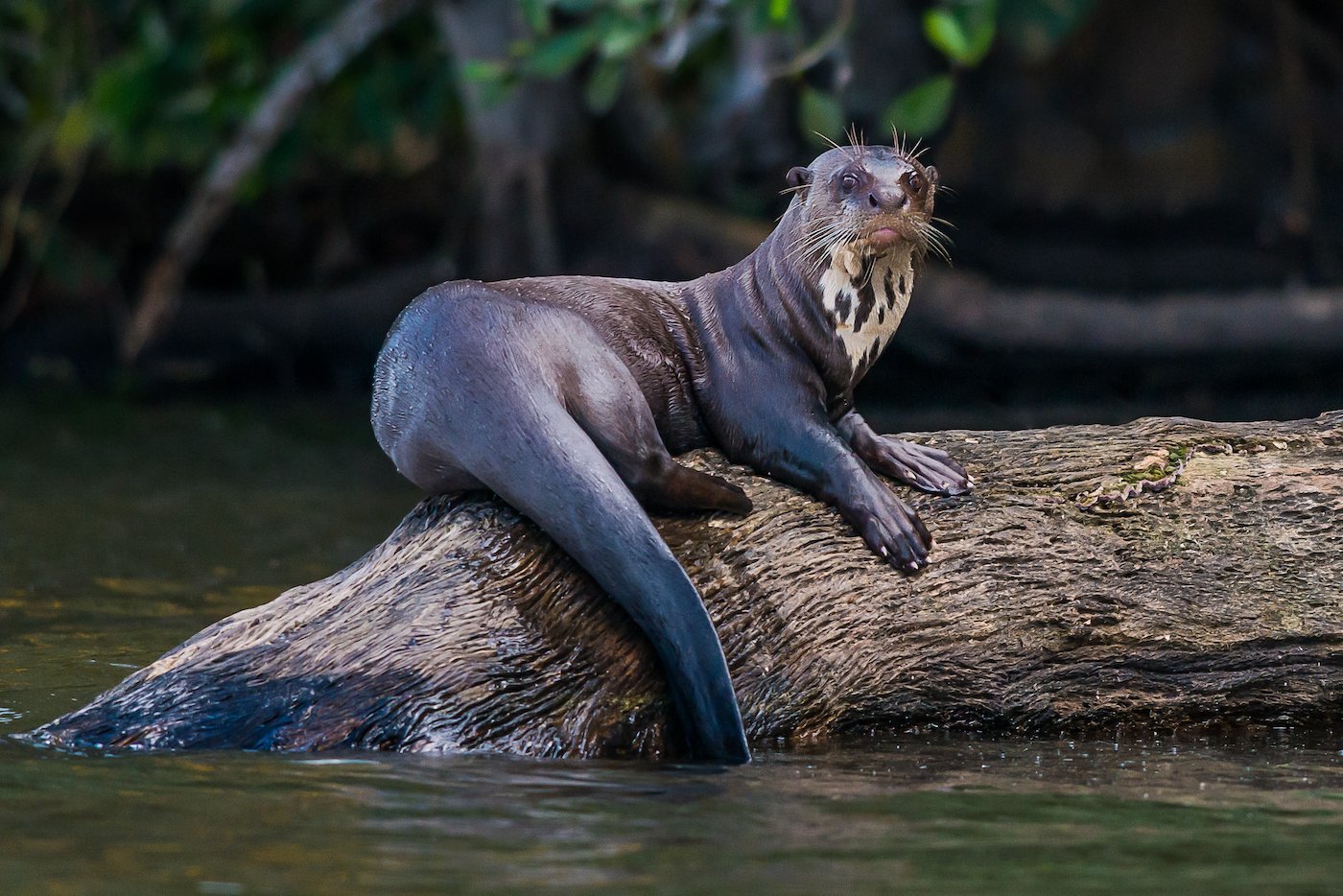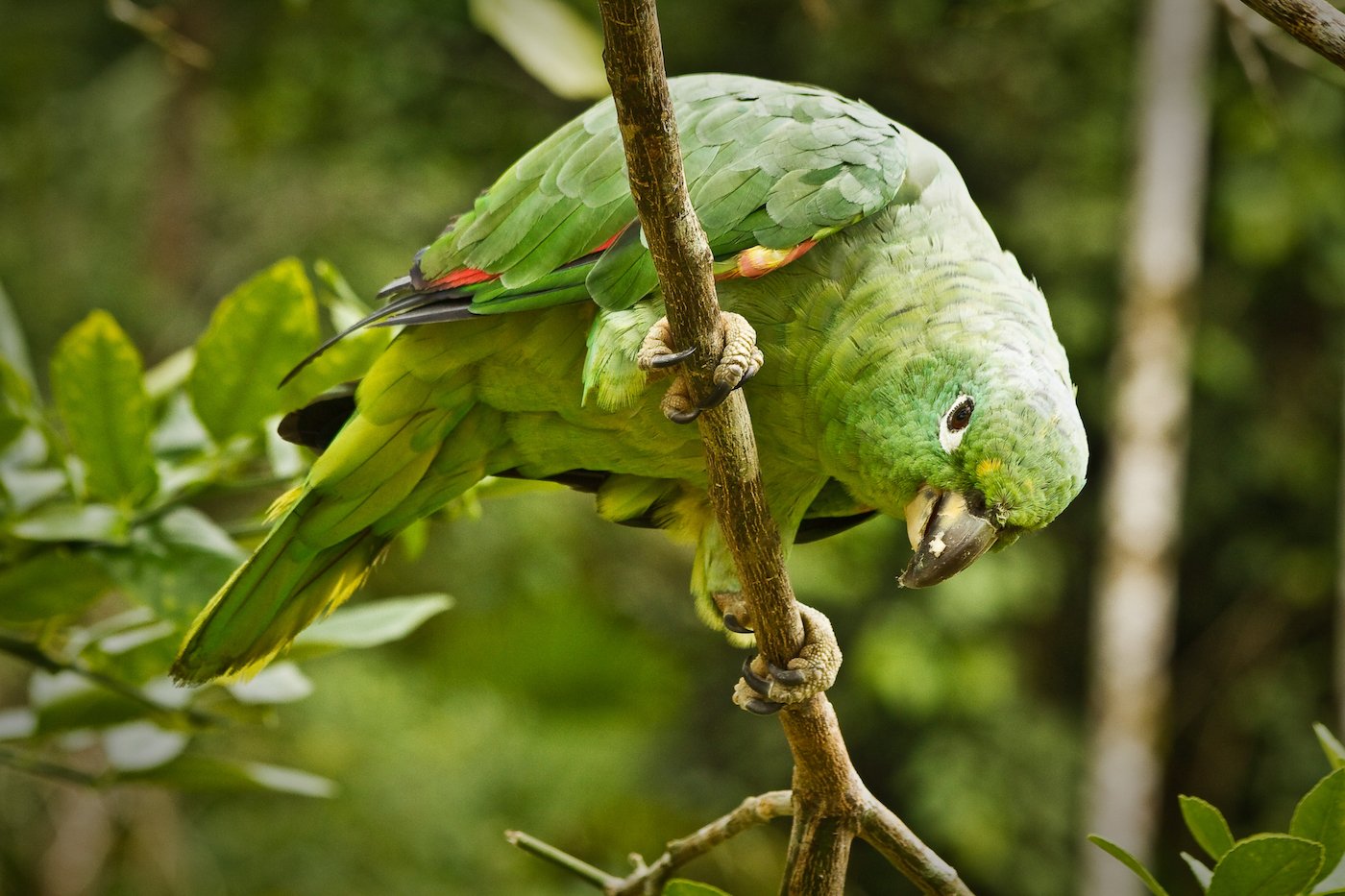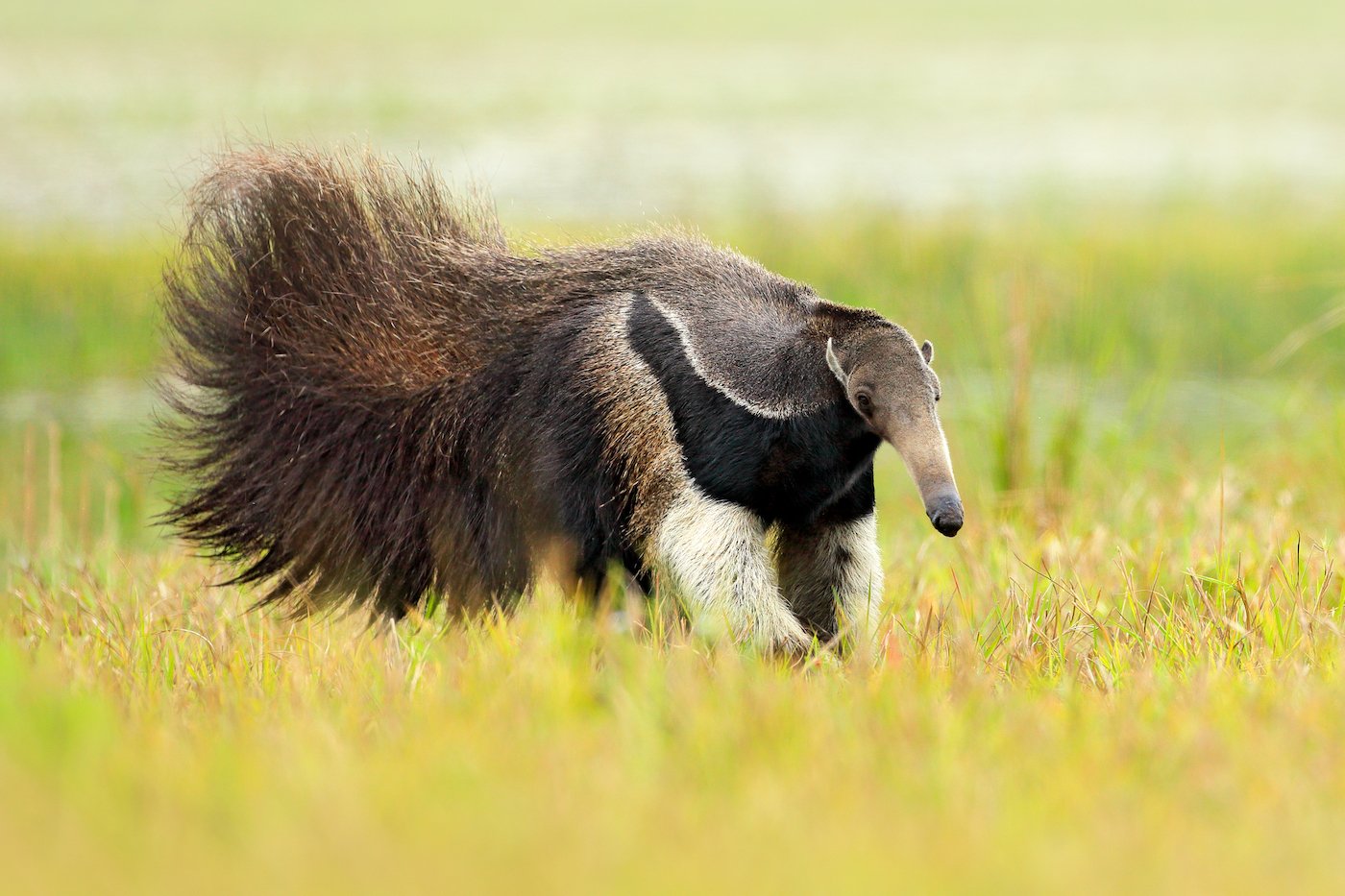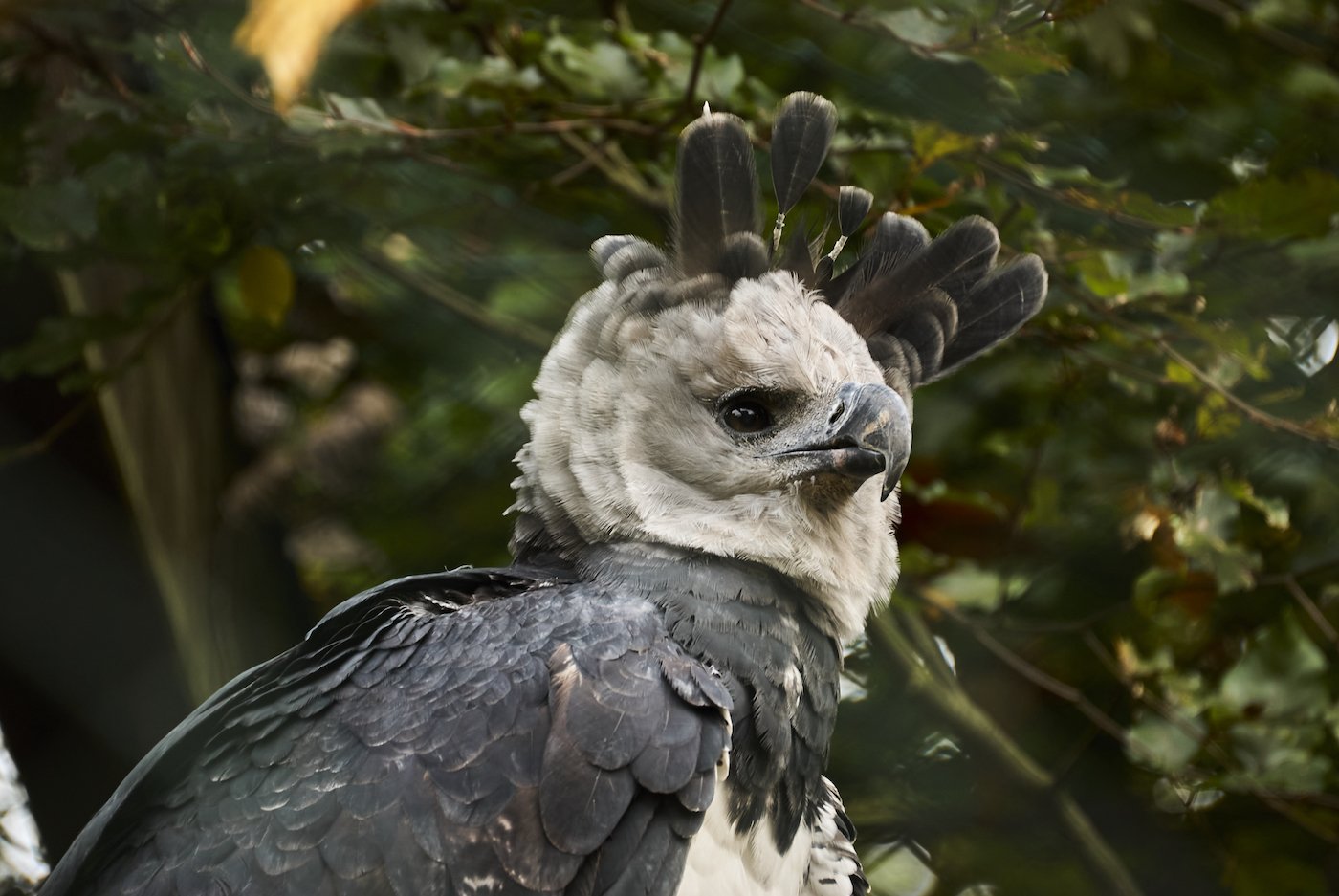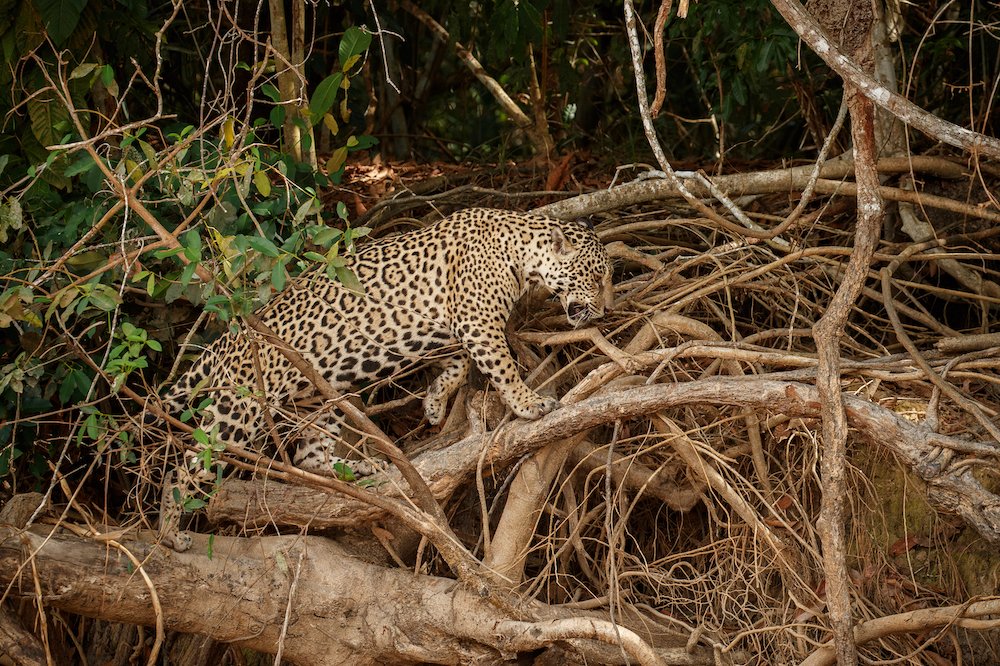Ecuadorians Vote to Reject Oil Drilling in Yasuní National Park
An oil drilling site in the Amazon.
Voters have contributed to a monumental decision that halts the future of oil drilling in Yasuní National Park
It took over ten years and hundreds of thousands of signatures from the Ecuadorian public to push a bill through that would let voters decide the fate of Yasuní National Park, along with a handful of different indigenous tribes that live within the park, three of which are voluntarily isolated, including the Taromenane, Tagaeri and Dugakaeri. The Waorani have been the outspoken tribe deeply involved with pushing the movement to protect their own land of Yasuní.
The referendum took place on Sunday as part of a hastened general election that also included votes for the National Assembly and the president, which passed with nearly 59% of voters ruling in favor of protecting the park, with already over 92% of the votes being counted as of August 22, 2023.
The Waorani People
“In one fell swoop, the Ecuadorean people struck a mighty blow to the oil industry, protected one of the most biodiverse forests in the Amazon, and showed the world what grassroots climate action really looks like,” stated Mitch Anderson, executive director of the nonprofit Amazon Frontlines, as per CNN’s Claudia Rebaza and Hannah Holland.
Effectively, 35% of the Amazon has already been decimated by deforestation. The decline of the Amazon could have global repercussions, as the forest serves as a crucial carbon sink, capable of absorbing carbon emissions from the atmosphere and sequestering that carbon in the soil.
Ecuador has become one of the first nations in the world to put limitations on resource extraction by a democratic vote at a time when the global climate crisis is escalating and the Amazon rainforest is rapidly approaching an irreversible tipping point.
Global Conservation's Involvement with Yasuní National Park
GC is currently two years into a five-year Global Park Defense deployment in Yasuní, which is focused on the Northern Sector of the Napo River and border areas with Peru. Those areas experience the heaviest illegal logging and wildlife poaching pressures.
Our five-year structured Global Park Defense program will help Yasuní increase actual and perceived protection. We work with local communities to improve patrolling as guardians of their lands, and help the Yasuní Park Authority upgrade systems, equipment, and patrolling effectiveness.
Unfortunately, illegal loggers and bushmeat traffickers are operating on a large scale in the Ecuadorian Amazon in and around Yasuní National Park. The majority arrive via river from Peru to extract old-growth cedar trees and hunt bushmeat, often on a commercial scale. Within Yasuní National Park, indigenous groups like the Waoranis, Kichwas, and Záparas are documenting and fighting illegal logging and hunting in their territories.
Led by Margoth Quispe, GC Director of South America, we work with Ministry of Environment officials and our partners Tiputini Research Station and WCS Ecuador for Global Park Defense deployment and biodiversity monitoring to assess the capabilities and motivation to improve protection of park forests and wildlife with community involvement.
Our aim is to hit the fundraising goal of $900,000 to continue our GPD program and promote sustainable tourism for the forseeable future.
Natural and Cultural History of Yasuní
Yasuní National Park, part of the Yasuní Biosphere Reserve (YBR), a UNESCO World Heritage Site spanning 2.7 million hectares, is one of the last continuous tracts of virgin tropical forest in eastern Ecuador. Yasuní sits at the intersection of the Amazon, the Andes, and the equator, converging several unique ecosystems and creating one of the richest biodiversity hotspots on the planet.
At its core, the YBR contains the one-million-hectare Yasuní National Park. This tropical rainforest is one of the world’s biodiversity jewels, containing 1,300 tree species, around 600 bird species, around 400 fish species, and at least 170 species of mammals, including lowland tapirs, white-lipped peccaries, jaguars, bush dogs, short-eared dogs, and 13 species of primates.
Conservation Significance of Yasuní
World records for tree and liana diversity
43 species of endemic vertebrates
Despite covering less than 0.15% of the Amazon Basin, roughly 33% of the Amazon’s reptile and amphibian species are found in Yasuní (121 reptiles and 150 amphibians).
382 species of fish (estimates range from 382 to 499 species)
100,000+ species of insects (roughly the same as all of North America)
595 species of birds
169 species of mammals (could be as high as 204 species)
4,000+ vascular plant species
Home to over 130 globally threatened species

